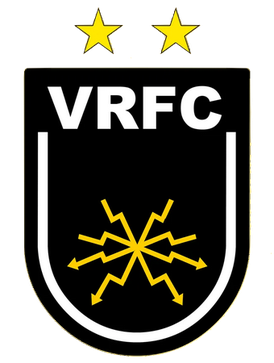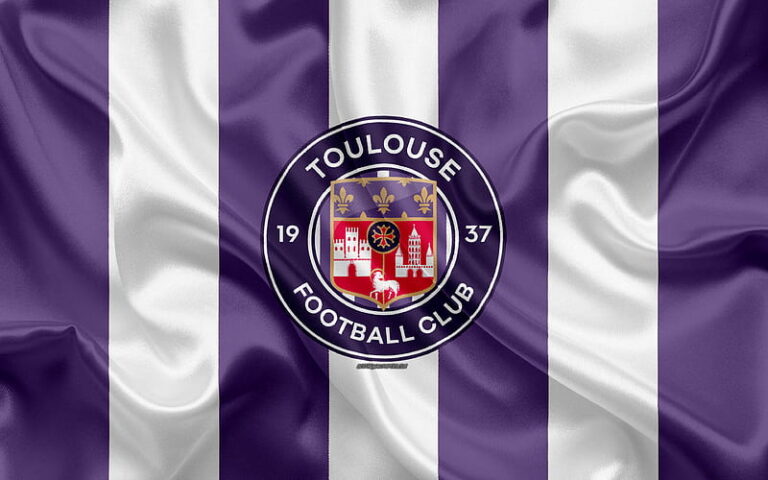
Volta Redonda FC
Volta Redonda FC is a revered football club with a rich history and a passionate fan base, known for its resilience and competitive spirit. Volta Redonda FC has become a symbol of pride for its supporters and a notable team in Brazilian football. Through decades of dedication and hard work, the club has carved its name in the annals of football history, showcasing remarkable achievements and inspiring generations of players and fans alike.
The Origins of Volta Redonda FC
Understanding the origins of Volta Redonda FC involves delving into its founding roots, early days, and the socio-economic factors that influenced its creation. The club was established during a period of rapid industrial growth in the city of Volta Redonda, a city built primarily around steel production and manufacturing, which fostered a strong community spirit and a love for sports, especially football MM88.
The club’s foundation can be traced back to the early 1940s, when local workers and sports enthusiasts sought to create a unifying team to represent their city in regional competitions. The initial years were marked by humble beginnings, facing financial constraints and limited resources; however, the strong community support and unwavering dedication propelled the team forward.
Over time, Volta Redonda FC began to climb the ranks of regional leagues, gaining recognition for its disciplined play and team spirit. The club’s early success laid the groundwork for its eventual rise to national prominence, driven by a passion for excellence and the desire to put Volta Redonda on the football map.
Formation and Early Challenges
The official formation of Volta Redonda FC took place in the early 1940s, with the club initially participating in amateur competitions. The founders envisioned a team that would not only compete at the local level but also serve as a source of pride for the city and the surrounding region.
In its formative years, the club faced several challenges, including a lack of proper facilities and financial instability. Despite these obstacles, the early players displayed resilience and a strong sense of camaraderie, which became a defining trait of the club. The community’s support was crucial, with local businesses and residents rallying around the team, providing sponsorship and encouragement during tough times.
The period also saw the development of local rivalry with neighboring teams, which intensified the competition and helped foster a competitive spirit within the team. These rivalries played a pivotal role in shaping the team’s identity and fostering a culture of excellence.
Growth and Regional Success
As the club matured, Volta Redonda FC gradually established itself within regional leagues, gradually climbing the competitive ladder. The team was known for its disciplined defense and tactical approach, often relying on young talents that emerged from the local football scene.
The club’s success in regional tournaments laid the foundation for its push into national competitions. Notably, the team won its first significant titles in this period, further strengthening its reputation as a formidable squad. The 1960s marked a crucial era of growth, with the club investing in better facilities and youth development programs.
This period also saw the emergence of legendary players who went on to achieve fame nationally and internationally. Their contributions fueled the club’s ambitions, leading to more targeted efforts to compete at higher levels. The mixed appeal of local pride and professional aspirations kept the momentum alive, setting the stage for greater ambitions.
Socio-economic Impact of the Club
Volta Redonda FC holds a significant socio-economic place within the city. Its existence is intertwined with the industrial identity of the region, and success on the pitch often paralleled economic resilience in the community. The club has been a source of collective identity, fostering community cohesion in times of both prosperity and hardship.
By promoting local talent and engaging in community outreach, the club has played a dual role — as a sports team and as a social institution. Its influence extends beyond matches, contributing to local tourism, merchandise sales, and community pride, which collectively have positive economic effects on the city.
The club’s development mirrors the city’s industrial strength and resilience, making it more than just a football team; it symbolizes the spirit of the people of Volta Redonda. As the club progressed through various tiers of Brazilian football, it became a beacon of hope and a point of pride for the local residents.



